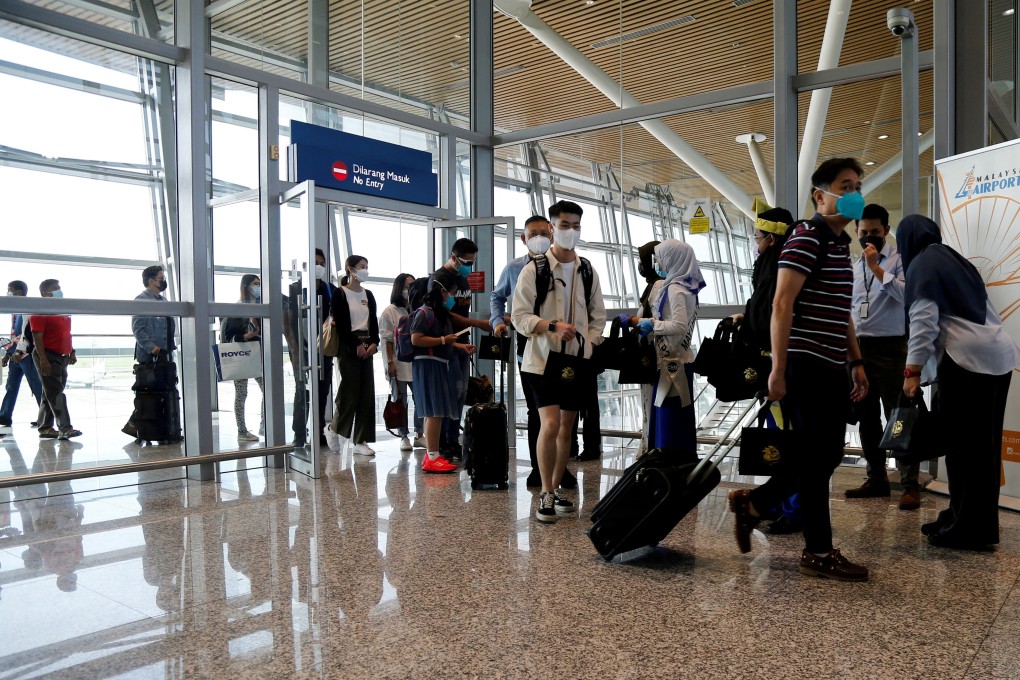Advertisement
Coronavirus: Malaysia to open borders April 1, New Zealand changes tactics after logging nearly 24,000 cases
- The Southeast Asian country will also transition to the endemic phase of Covid-19 starting next month
- Meanwhile, after logging a record nearly 24,000 infections New Zealand is coming to terms the virus would remain in the country permanently
Reading Time:3 minutes
Why you can trust SCMP
6

Malaysia will reopen its borders from April 1 and allow entry without quarantine for visitors vaccinated against Covid-19, Prime Minister Ismail Sabri Yaakob said on Tuesday.
“Citizens with valid travel documents can enter and leave the country as they did before the pandemic, and foreigners can also move in and out of Malaysia without the need to apply for MyTravelPass, which will be abolished,” and the country will also transition to the endemic phase of Covid-19 from next month, Ismail Sabri said in a televised address.
The prime minister said visitors, as well as Malaysian returnees, who are fully vaccinated are not required to undergo quarantine upon arrival.
Advertisement
They, however, must undergo a RT-PCR test two days before departure and a rapid test (RTK) upon arrival.

The country’s borders have been shut since March 2020, while entry of foreign workers has been frozen due to the pandemic.
Advertisement
Advertisement
Select Voice
Select Speed
1.00x